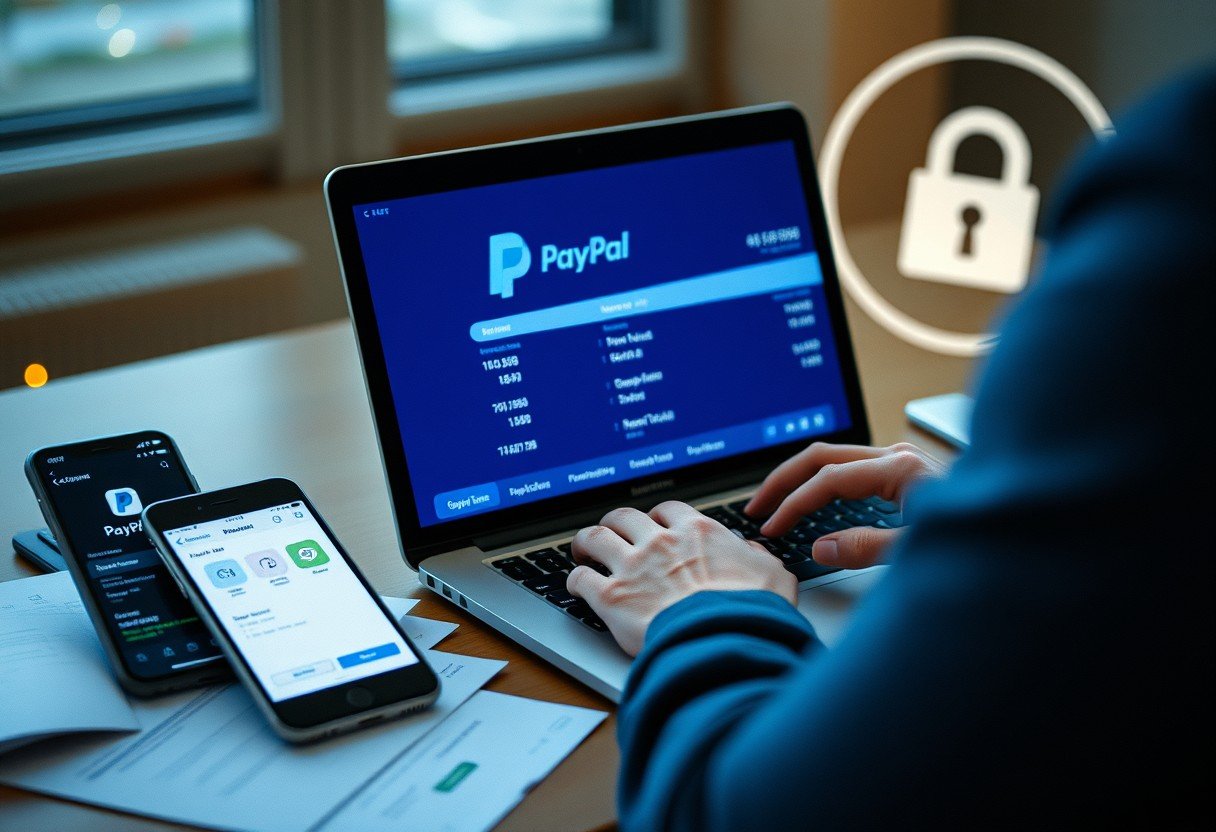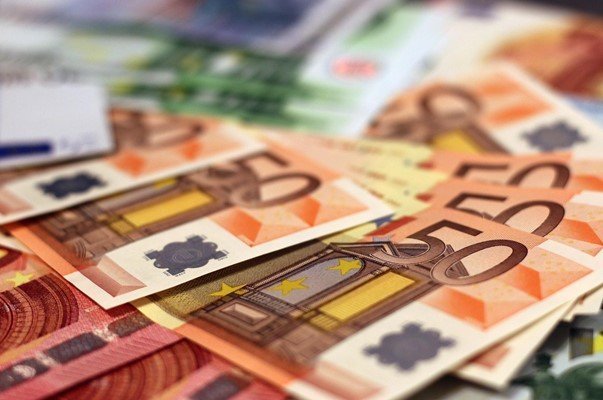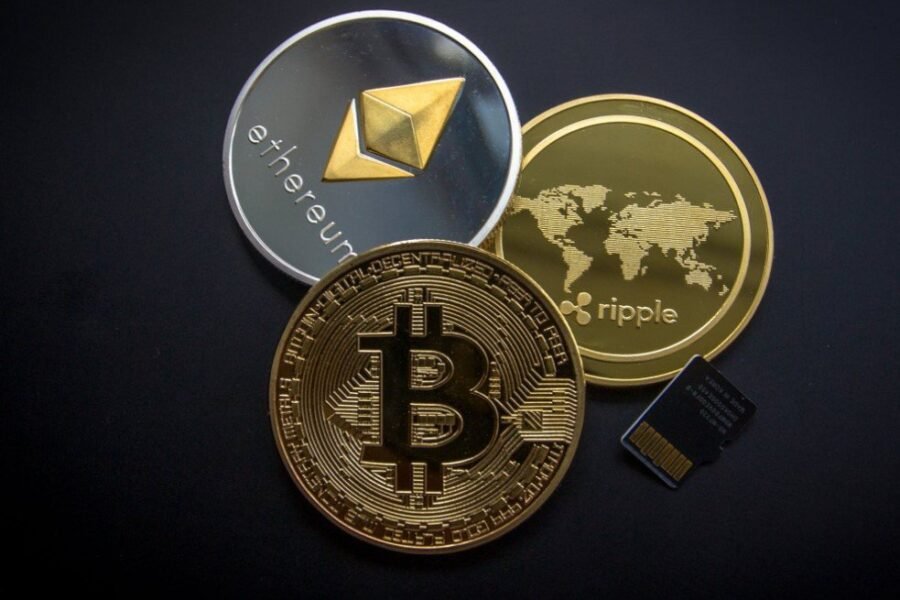Just like any financial transaction, PayPal transactions can indeed be traced. Every payment creates a digital record that PayPal keeps for security, customer service, and legal compliance. While your sensitive bank or card details are protected from sellers, this does not mean your activity is completely anonymous. Understanding how this process works is crucial for managing your financial privacy and security online.
How does PayPal Keep a Record of Transactions?
PayPal functions as a regulated financial institution, which means it must maintain detailed records of all activities on its platform. This is a core part of its operation and is essential for several reasons.
When you send or receive money, PayPal logs key details of the transaction. This information includes the date, time, amount, and the accounts involved. Each transaction is assigned a unique 17-character Transaction ID, which serves as a specific fingerprint for that payment. This ID is the primary tool used by you, the other party, and PayPal support to locate and verify any specific transaction.
These records are not just for your convenience. They are also used by PayPal to prevent fraud, resolve disputes between buyers and sellers, and comply with global financial regulations, such as anti-money laundering (AML) laws.
The Myth of Complete Anonymity on PayPal
A common misconception is that using PayPal is an anonymous way to handle money online. While it does offer more privacy than sharing your bank details directly, it is far from an anonymous service.
When you complete a transaction, the recipient will see your registered name and the email address associated with your PayPal account. This information is necessary to confirm who the payment is from. While you can use an alias or a different business name on a business account, your underlying personal information is still on file with PayPal.
Furthermore, PayPal can link accounts that might appear separate. They use various data points to do this, including:
- IP addresses used to access the accounts
- Device information (computer or phone)
- Shared financial information (bank accounts or cards)
- Usage patterns and transaction behavior
Attempting to use “ghost accounts” to hide your identity is often ineffective, as these methods can still connect your activity back to you.
When can Law Enforcement Trace Your Payments?
PayPal values user privacy and does not share your personal transaction history without a valid reason. However, the platform is legally obligated to cooperate with law enforcement agencies when required by law.
Your transaction details can be accessed by authorities through formal legal processes. This typically involves a subpoena, court order, or warrant related to a criminal investigation. Law enforcement might request this data to investigate activities such as fraud, scams, money laundering, or other illegal acts.
This means that while your transaction history is confidential from the general public, it is not shielded from legitimate legal and regulatory scrutiny. PayPal’s compliance with these requests is a standard practice for all major financial services.
Understanding Different Transaction Types
The type of transaction you make can influence fees and the level of protection offered, which is important to understand when managing your account. Each category is designed for a specific purpose.
A deeper knowledge of these types helps you use PayPal more effectively and securely. For example, commercial transactions come with Buyer and Seller Protection, while personal payments typically do not.
| Transaction Type | Primary Use and Details |
| Personal Payments | Sending money to friends and family. Often has lower or no fees, but lacks purchase protection. |
| Commercial Transactions | Paying for goods or services. Incurs a fee for the seller but includes protection for both parties. |
| Recurring Payments | Automated payments for subscriptions or memberships. Easily managed from your account settings. |
| International Transactions | Sending money across borders. These involve currency conversion rates and additional fees. |
Best Practices for Secure PayPal Transactions
While PayPal has robust security measures in place, you play a vital role in protecting your account. Following best practices can significantly reduce your risk of fraud and unauthorized access.
Always be cautious when transacting with unknown individuals or businesses. Verify the legitimacy of a seller before making a payment, and be wary of deals that seem too good to be true, as they are often used in scams.
For enhanced security, you should:
- Enable Two-Factor Authentication (2FA): This adds an extra layer of security by requiring a second verification step when you log in.
- Use a Strong, Unique Password: Avoid using common words or personal information in your password, and do not reuse it across other websites.
- Monitor Your Account Regularly: Periodically review your transaction history for any activity you don’t recognize and report it immediately.
- Avoid Public Wi-Fi for Transactions: Public networks can be insecure, making it easier for criminals to intercept your data.
By being proactive, you can ensure your financial information remains safe and your transactions are secure.
Frequently Asked Questions about Tracing PayPal Transactions
Can PayPal transactions be traced by anyone?
No, not just anyone can trace your transactions. Access is limited to the sender, the receiver, PayPal itself, and law enforcement agencies that have obtained the proper legal authority to request the information.
How does PayPal keep track of my transactions?
PayPal maintains a comprehensive database of every transaction, logging details like the date, amount, parties involved, and a unique transaction ID. You can access your full transaction history anytime by logging into your account.
Are PayPal transactions anonymous?
Transactions are not fully anonymous. While your bank details are hidden, your name and email address are visible to the person you are transacting with. PayPal also has your verified personal information on file.
Can I hide my PayPal transaction history from others?
You cannot delete your transaction history, as it is a permanent record. However, you can protect it by keeping your account credentials secure, using a strong password, and enabling two-factor authentication to prevent unauthorized access.
What should I do if I suspect unauthorized tracing of my transactions?
If you suspect your account is compromised, immediately change your password and enable 2FA. Review your recent activity for any unauthorized transactions and report them to PayPal’s customer service. If you feel you are a victim of a crime, you should also contact your local law enforcement.








Leave a Comment